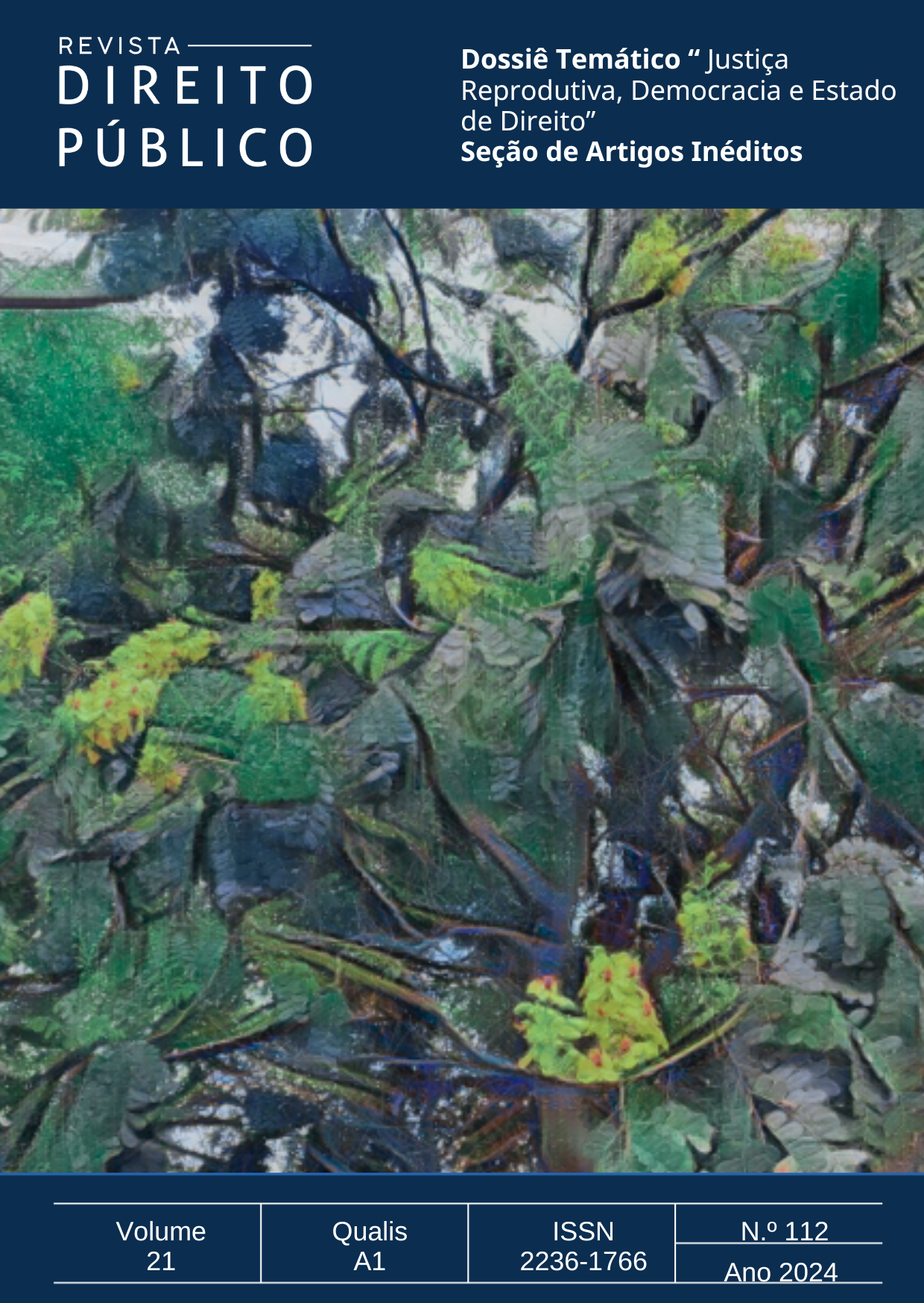Juridification of Reproduction
Legal Mobilization and the Role of the Brazilian Supreme Court in Light of Reproductive Justice
DOI:
https://doi.org/10.11117/rdp.v21i112.7717Abstract
The article starts from the observation that reproduction in Brazil is marked by a process of juridification, in which law increasingly constitutes and consolidates discourses, practices, and meanings related to reproductive issues. Understanding juridification as an ambivalent and multifaceted process, the work observes the growing participation of the Brazilian Supreme Court (STF) in the political disputes that mobilize the law on topics related to reproduction in the country in recent years. The aim of the work is to critically examine the role of the STF in the juridification of reproduction, assessing whether its actions effectively contribute to advancing reproductive justice. The jurisprudential analysis of selected decisions from the Court questions whether, in each case, there is: expansion of reproductive rights; considerations of an intersectional nature; reliance on biological arguments; and reference to the impacts of these rights on society as a whole, beyond women. The paper concludes that, although deciding in relatively progressive terms in reproduction-related cases, the STF still makes little explicit reference to the reproductive rights agenda and shows limited engagement with issues of sexuality and race in cases centered on reproductive matters. It is noted that the ministers' discourses often resort to biological issues to justify specific rights in this area, although references to the social and cultural impacts of gender inequality can also be observed in their votes. In summary, the concept of reproductive justice, which emphasizes intersectionality and the variety of reproductive experiences, has a limited impact both in terms of discourse and in the content of the Court's decisions.
KEYWORDS: Juridification; Reproductive Rights; Brazilian Supreme Court; Reproductive Justice; Legal Mobilization.
Downloads
Downloads
Published
How to Cite
Issue
Section
License
Copyright (c) 2025 Public Law

This work is licensed under a Creative Commons Attribution-NonCommercial 4.0 International License.
O(s)/A(s) autores(as) dos manuscritos submetidos concorda(m) com as regras a seguir:
1) Todos os autores e autoras participaram do trabalho, são responsáveis pelas ideias e conceitos nele emitidos e atestam sua conformidade com os princípios éticos exigidos.
2) Todos os autores e autoras concordam com a forma final do trabalho e em ceder os direitos para publicação nos canais de publicação da Escola de Direito do IDP.
3) Todos os autores e autoras informam que o manuscrito é de sua autoria e assumem a responsabilidade pelo trabalho, declarando que a obra a ser publicada não infringe quaisquer direitos de propriedade intelectual de terceiros.
3.1) Em caso de submissão simultânea, além da reprovação imediata do artigo e comunicação ao(s) respectivo(s) periódico(s), a Revista Direito Público se reserva o direito de não receber novas submissões de todos os autores implicados pelo prazo de 2 (dois) anos, contado a partir da data de ciência do fato.
4) Todos os autores e autoras autoriza(m) a edição de seu trabalho e cede(m) à Escola de Direito do IDP os direitos de autor para reproduzir, editar e publicar ou veicular o citado trabalho em qualquer forma midiática, resguardada a autoria, em particular sob forma digital, em arquivo eletrônico online na Internet, bem como armazená-los em seu repositório de acordo com o desenvolvimento do processo editorial. Esta concessão não terá caráter oneroso para a Escola de Direito do IDP, não havendo remuneração sob qualquer modalidade pela utilização do referido material, tendo este o caráter de colaboração científica.












